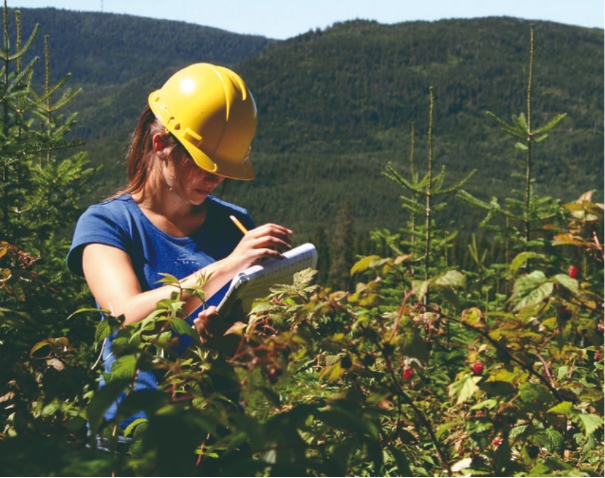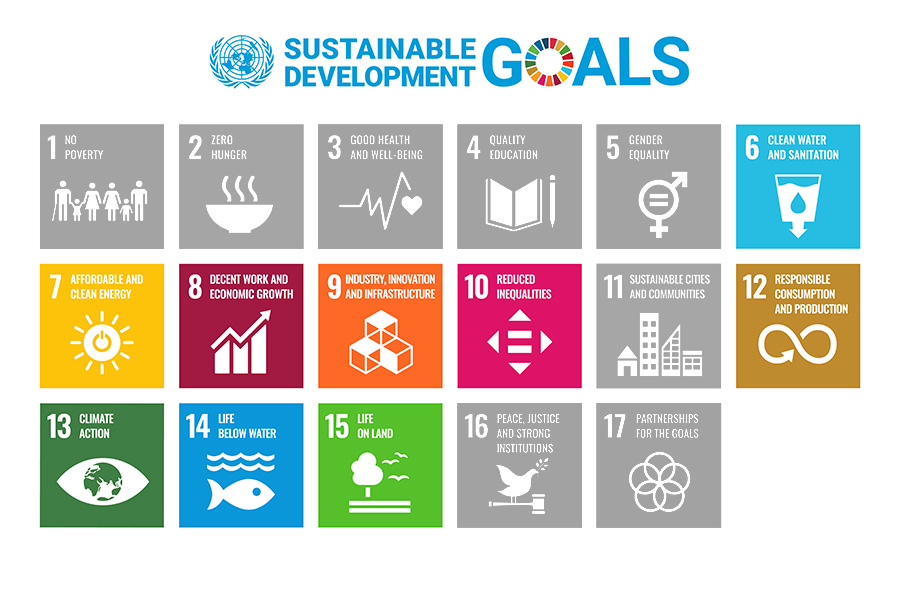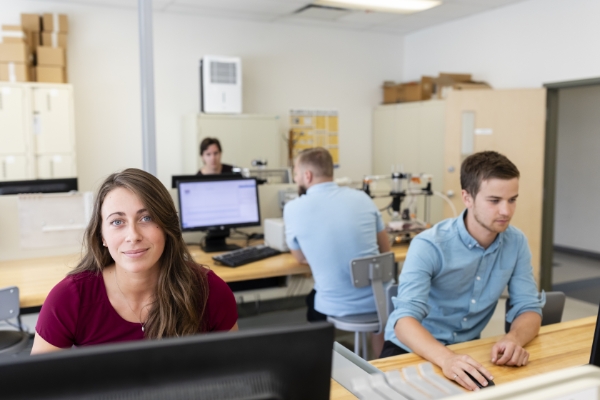Protect and enhance natural resources

The planet’s natural resources, which are neither infinite nor impervious to abuse or overuse, are under often intense pressure from factors such as global population growth, high living standards in some parts of the world, and climate change. New technologies are also increasing demand for certain critical raw materials. To alleviate this pressure, we must identify new renewable resources, develop sustainable extraction methods, and design strategies to reuse nonrenewable resources as much as possible. To extract and transform natural resources with future generations in mind, we must avoid shortages that could hinder greater access to new green technologies, since the goal is to make them more accessible to the entire global population. For example, many people still have limited access to drinking water, a major global problem that will keep worsening over the next decades. Research teams from around the world must collaborate to develop methods to monitor water quality and provide clean water to as many people as possible.
Expertise in water management and governance, the sustainable management of natural resources (fauna, forestry, minerals, etc.) and their transformation into value-added materials, or their sustainable use in infrastructure and emerging areas such as the circular economy will all play a pivotal role in society’s sustainable development. Québec and Canada are blessed with diverse and abundant natural resources that we can use to support the economy, create quality jobs, and train skilled personnel—as long as we develop sustainable technologies that allow us to protect and preserve these resources.

Links to the UN Sustainable Development Goals
- Ensure availability and sustainable management of water and sanitation for all (6)
- Ensure access to affordable, reliable, sustainable and modern energy for all (7)
- Promote sustained, inclusive and sustainable economic growth, full and productive employment and decent work for all (8)
- Build resilient infrastructure, promote inclusive and sustainable industrialization and foster innovation (9)
- Reduce inequality within and among countries (10)
- Ensure sustainable consumption and production patterns (12)
- Take urgent action to combat climate change and its impacts (13)
- Conserve and sustainably use the oceans, sea and marine resources for sustainable development (14)
- Protect, restore and promote sustainable use of terrestrial ecosystems, sustainably manage forests, combat desertification, and halt and reverse land degradation and halt biodiversity loss (15)

Université Laval’s strengths
Discover the faculty members and research units that make Université Laval such a transformative and high-impact university.